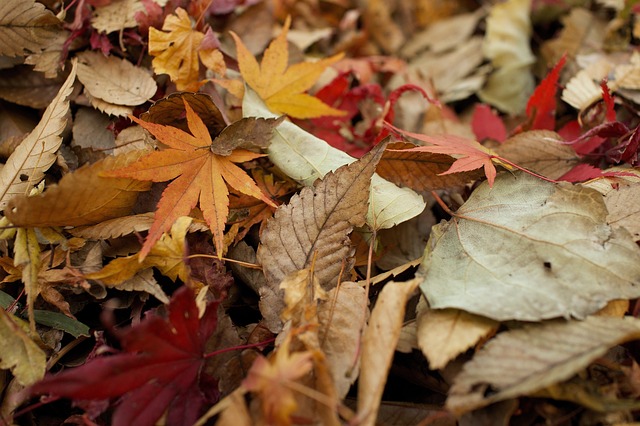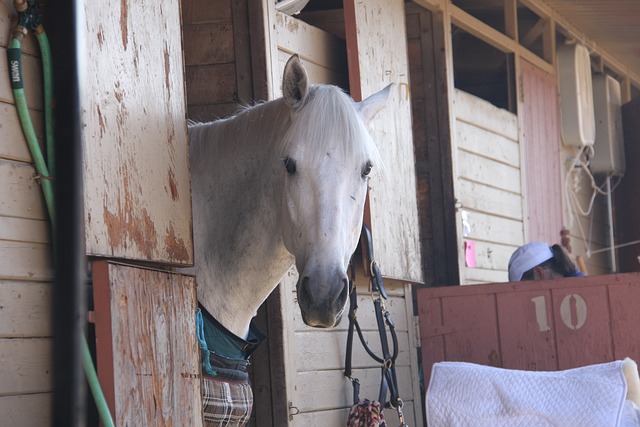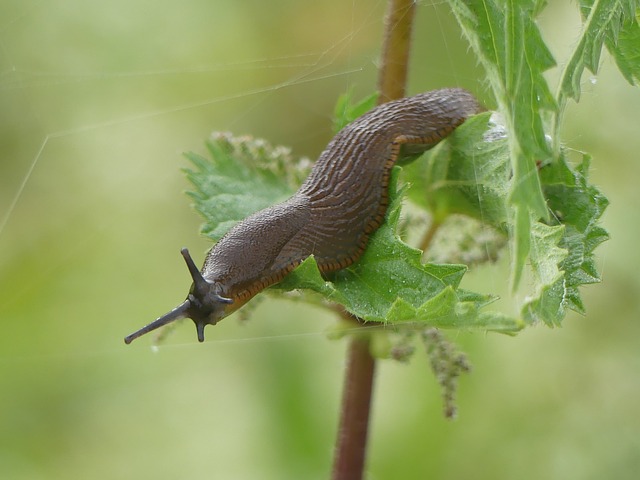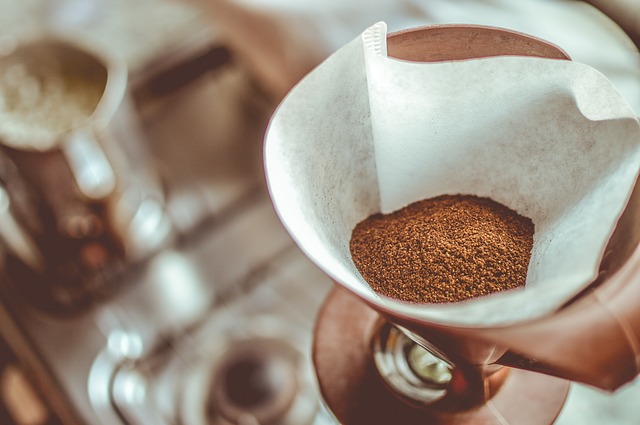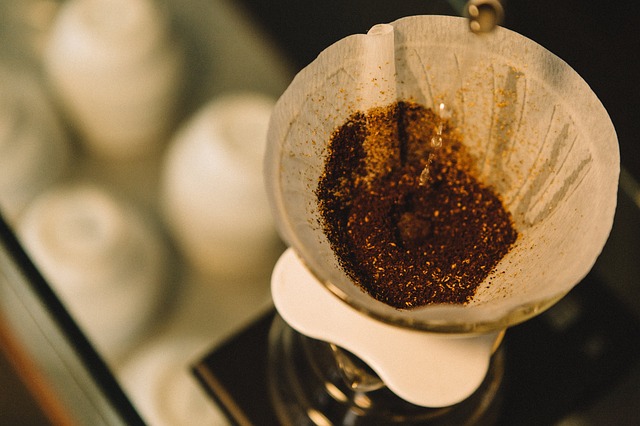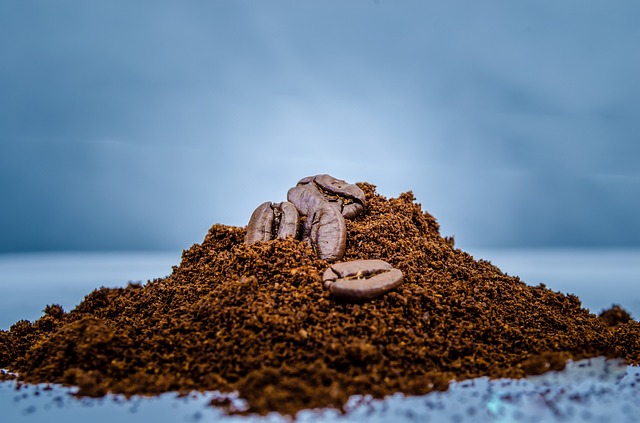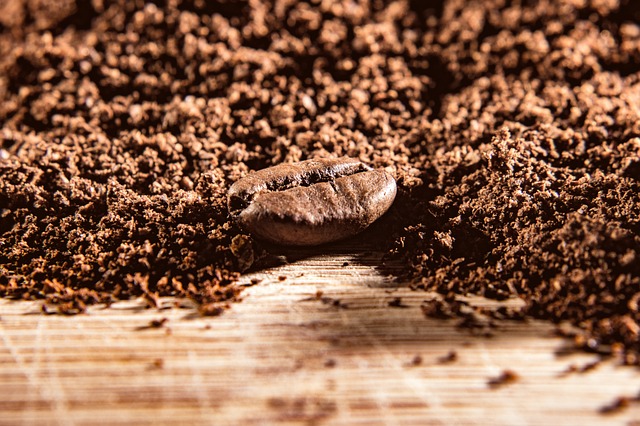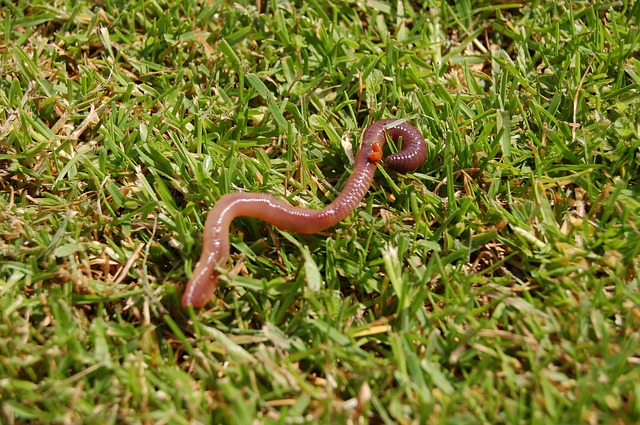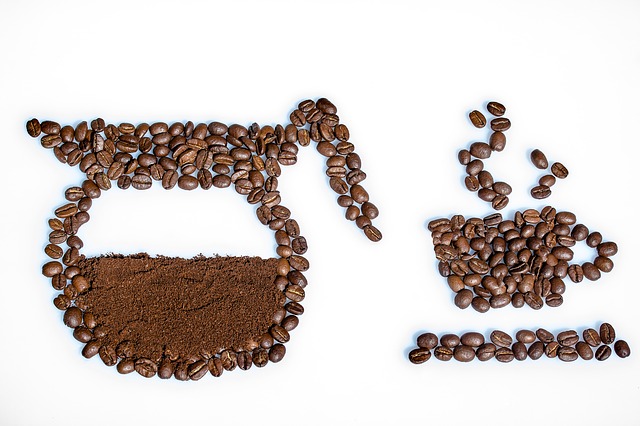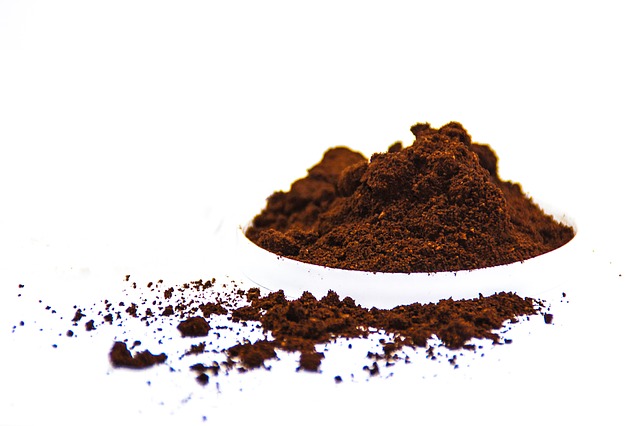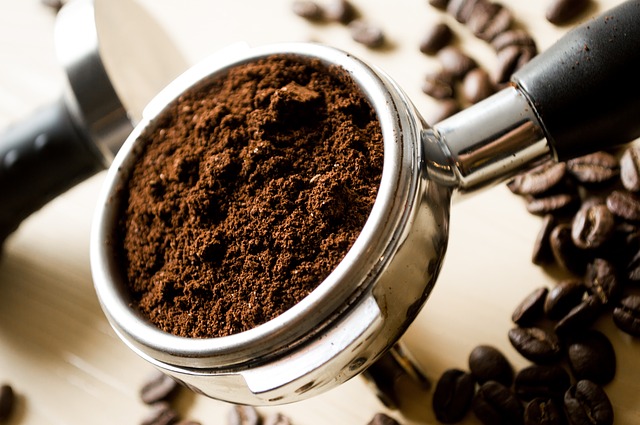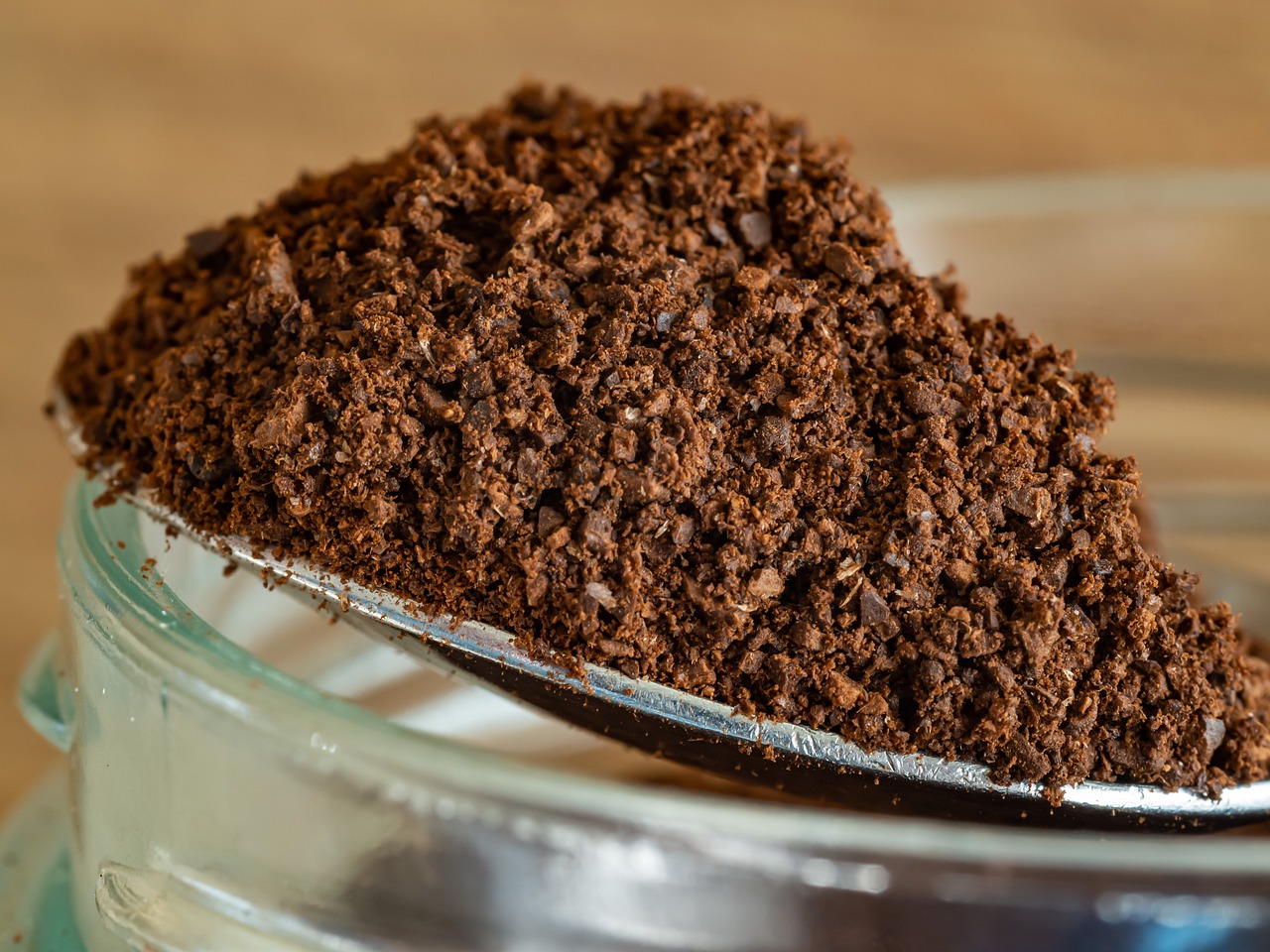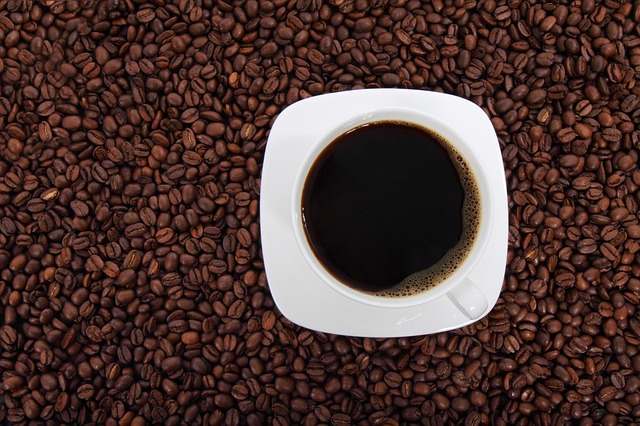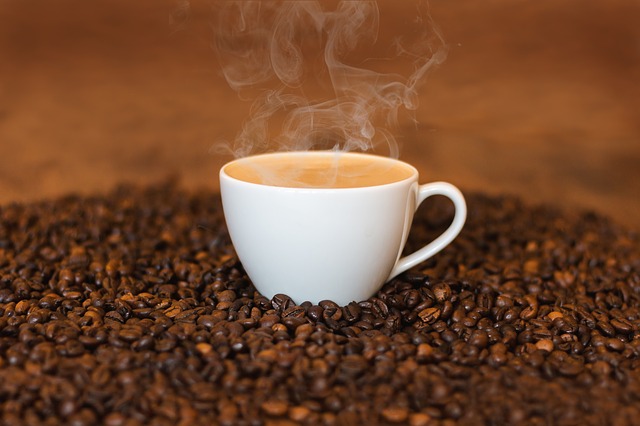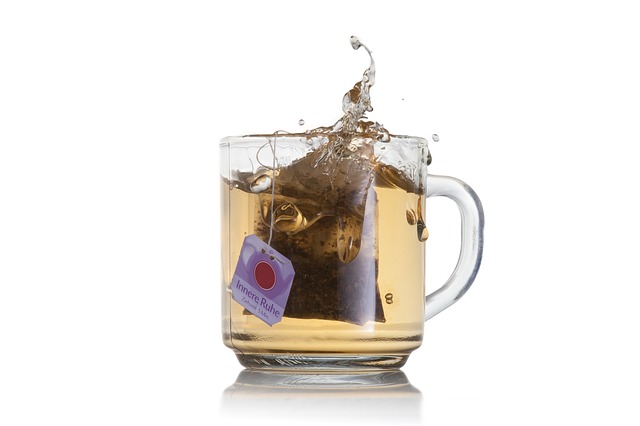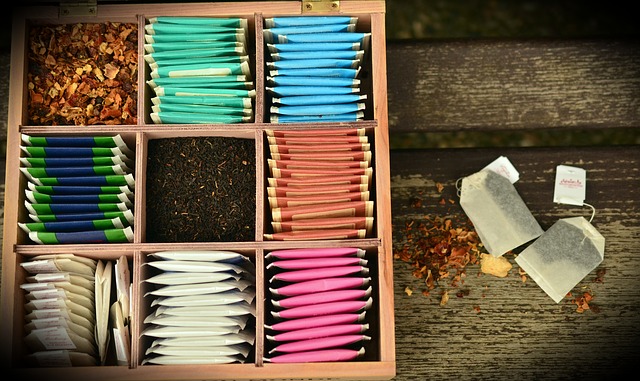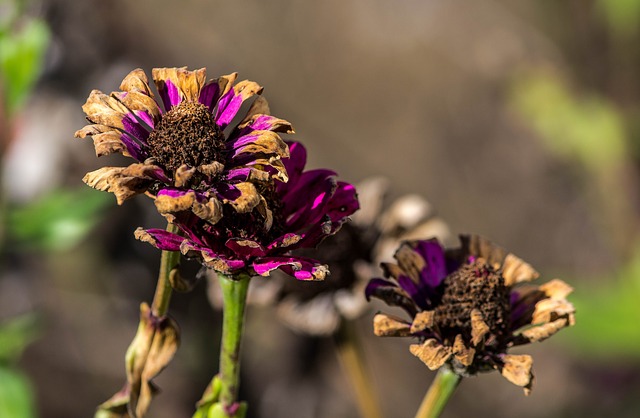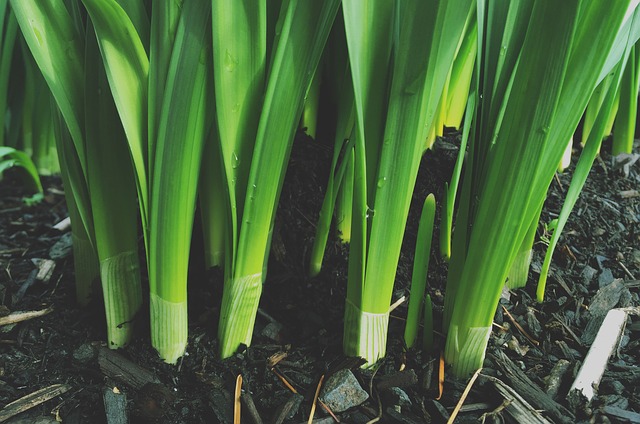
Many people are interested in composting but feel like they don’t have access to enough organic materials. Luckily there are a range of places you can find free composting materials to get started or make your current pile bigger. Here are some of the best and easiest options.
As Close To Home As Possible
Before you go anywhere you should take a look around your home itself to see if you’ve got any materials there. Things like kitchen scraps, coffee grounds, old newspapers, and cardboard are items you most likely will have available on a regular basis. They may even end up being enough.
Of course, it would be a smart idea to take a few minutes and read up on what not to compost as well so that you don’t end up adding anything potentially dangerous to your pile or attracting unwanted backyard pests. Be sure to look in your yard too for potential materials.
Grass clippings and fallen leaves make excellent additions to your compost and shouldn’t be thrown out. You can also ask neighbors and friends for many of the same materials. They will often be happy to give them away instead of having them take up space in a landfill.
By using materials from neighbors and friends you often won’t have to waste any extra time either since you can simply take them with you after you’re done visiting. In fact, gathering materials can even give you an excuse to hang out and be more social.
Local Departments and Agencies
Many local departments and agencies give away natural materials to the public. And often you can take as much as you’d like. These could be things like ash, aquatic weeds, or trees and brush that have gone through a wood chipper.
Local Farms
While farms will often reuse much of their organic material themselves, you may be able to get some great stuff. Depending on what type of farm they are they may have anything from eggshells to manure, or old hay. Orchards can be a huge source of spoiled fruits of various types.
Riding Stables
One of the most prized composting materials of all is manure, and stables are sure to have it in large amounts. If you have one nearby it could be a goldmine for the future of your garden and you’ll be helping them to cut down on their waste. It’s a win-win.
Mills And Factories
There are many different types of mills and factories that use natural products you can take advantage of. Lumber mills, flour mills, cider mills, canneries, breweries, and wineries are just a few. Slaughterhouses and meat-processing plants can also provide materials for your compost.
Shops and Businesses
There are more than likely many shops and businesses in your area that are throwing away items you could use. Often all you’ll have to do is ask the manager or owner. Food waste from restaurants and supermarkets are examples.
Pet hair from dog groomers along with human hair from salons and barbershops are also options. Flower shops will often have an abundant source of organic waste from trimmings, cuttings, and plants which have died. Cafés can be a great source of coffee grounds. And don’t forget businesses that work with wood for sawdust.
With just one of these sources, you can often have more free composting material than you’ll need. By taking the time to check out your local options you’ll be able to improve the quality of our soil dramatically and without spending any money.
Start Shopping for Composting Supplies!
Does Copper Tape Stop Slugs?
Does copper tape stop slugs? The answer is yes. And you can use this simple solution to keep your plants safe from those slimy plant-eating pests. Repel Slimy Garden Invaders Without Harm Despite being relatively small and very slow-moving, slugs can do a lot of...
Coffee Grounds For Flowers
For many of us, there’s nothing we’d rather do than relax with a cup of coffee near the flower garden. Most people don’t realize however that the grounds used to make our coffee can help to increase the health and beauty of our garden. Here’s what you’ll need to know...
Coffee Grounds For Roses
Using coffee grounds for roses is a fabulous way to improve the health of your plants, helping them to produce those gorgeous flowers you’ve been dreaming of. But there are a few things you’ll need to know before getting started. Conditions Roses Prefer Roses do best...
Do Roses Like Coffee Grounds?
Do roses like coffee grounds? This is something many gardeners wonder about, especially since feeding roses coffee grounds has been a practice that’s been around a very long time. The answer is yes they do, and here’s what you’ll want to know. Roses And Acidic Soil...
How To Use Coffee Grounds For Grass
You’ll want to think twice before you toss your used coffee grounds in the trash every day. Those grounds can actually be used to feed and increase the health of your lawn. Here’s everything you’ll want to know about using coffee grounds for grass. Advantages Of...
Are Coffee Grounds Good For Grass?
Are coffee grounds good for grass? The answer is yes, so you may want to think twice before throwing away your used grounds after your morning cup of coffee. Instead, you can put them to work helping increase the beauty of your lawn. Benefits Of Using Coffee Grounds...
Are Worms Good For Your Lawn?
Despite their slimy looks worms are well-known for being very helpful in the garden. But are worms good for your lawn? You bet they are, and here’s why! Aeration As worms travel from place to place in the soil below your lawn, they create a maze of tunnels. And those...
How To Use Coffee Grounds For Snails
You don’t have to kill those annoying garden snails in order to keep them from eating your plants. In fact, you can use your morning coffee as a non-lethal weapon against them. When they come into contact with your coffee grounds snails will turn right around and...
How To Use Coffee Grounds For Ants
There are endless sprays and poisons you can use to get rid of ants. However, you won’t have to look any further than your morning cup of coffee if you’d like a repellent that doesn’t contain any harmful chemicals. By using coffee grounds ants will stay away and kids...
Which Plants Like Coffee Grounds?
While using coffee grounds in the garden offers quite a few benefits, they can be slightly acid and therefore not appropriate for all plants. So which plants like coffee grounds? Here’s what you’ll need to know. The Basics Of Coffee Grounds Coffee grounds contain...
Coffee Grounds And Hydrangeas
While many people love their hydrangeas, they often would love them even more if they were blue. Luckily the grounds from your morning cup of coffee can help you to achieve those gorgeous blue blooms. Here’s what you’ll need to know about coffee grounds and...
Coffee Grounds For Worms
Worms are an extremely helpful component of any compost bin or pile, not to mention worm farms. And it turns your morning cup of coffee can contribute to their diet. Using coffee grounds for worms is an easy way to keep them from heading to the local landfill while...
Using Coffee Grounds In The Garden
Your morning cup of coffee can help you to not only start your day off right, but in the garden as well. The grounds used to make it have many important properties that are ideal for both plants and soil. By using your coffee grounds in the garden you’ll be able to...
Using Coffee Grounds In Compost
It’s estimated that over two billion cups of coffee are consumed around the world each and every day. And that’s an enormous volume of grounds which are used and then tossed in the trash. By using coffee grounds in compost instead, you can help cut down on waste and...
Used Tea Bags In The Garden
Many people don’t realize that once you’ve had a cup of tea, your tea bag can be used again in quite a few other ways. There are actually many great uses for used tea bags in the garden. And here are some of the best! Free Natural Fertilizer The tea leaves and...
Used Tea Bags In The Compost
The next time you have your daily cup of tea, you may want to think twice about throwing that tea bag in the trash. Instead of contributing extra waste to landfills, you can help the environment and your garden by placing used tea bags in the compost. But before you...
5 Eco-Unfriendly Things You Do That Kill Your Garden
Any budding gardener out there wants to do the best for their garden and their plants. But are you accidentally causing it harm? Here are five eco-friendly things you do that kill your garden: Buying Plants that Contain Pesticides You may not use pesticides yourself...
7 Reasons You Need to Start Gardening Now
Looking for a fun hobby to help you relax? Get outside and get to work in a garden. Gardening has a variety of benefits for your mental, physical and spiritual health. Wondering how tending to plants can help you tend to your health? Here are seven ways gardening can...
Quick Tips To Speed Up Compost Times
Compost is an excellent soil conditioner and natural fertilizer. However, it can take quite a while for it to break down into a form that you can use. Luckily there are a handful of simple things you can do to help speed up compost times without much effort. Size In...
6 Common Types Of Soil Deficiency And How To Solve Them
Unfortunately, not all soil has the nutrients that plants need to grow and thrive. In some cases, it may be lacking in one area or another and therefore need a boost. Here are the most common types of soil deficiency and the best ways to deal with each of them....
